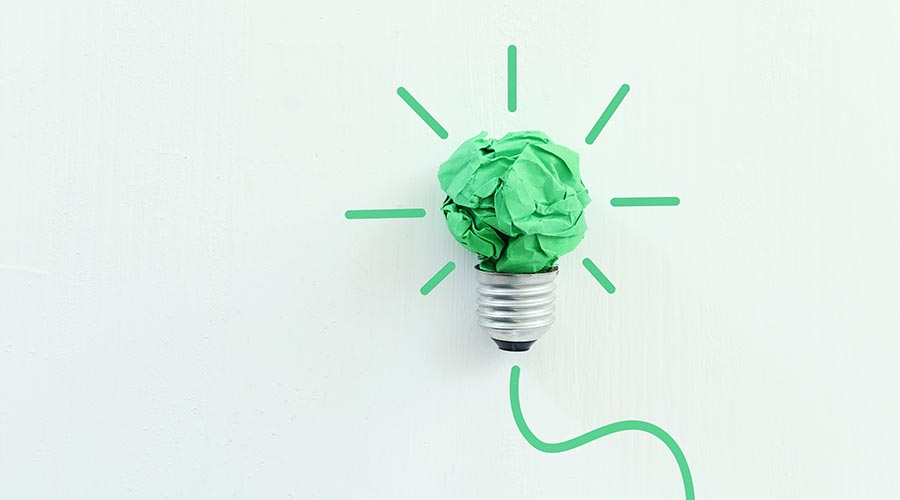
Sustainability has grown from what many considered a secondary consideration to a crucial element for business growth and customer engagement across various sectors, including the cleaning industry. Modern customers expect cleaning services and products to demonstrate a genuine commitment to environmental responsibility, moving beyond mere cleanliness. A recent expert roundtable, involving seven prominent cleaning companies and suppliers, explored how the industry is addressing this demand and identified key takeaways for organizations embarking on their own sustainability journeys.
Despite economic pressures, maintaining quality and safety while transitioning to less harmful chemicals must remain a priority. While initial investments in sustainable practices may seem costly, long-term returns are anticipated, especially as regulations and consumer preferences increasingly mandate environmentally friendly approaches. Companies should view sustainability as a significant opportunity for sustained business growth, demonstrating that environmental stewardship and financial success can coexist.
A critical aspect of this transition involves purchasing the right products. The industry is gradually moving away from traditional chemical-laden cleaners towards chemical-free alternatives that utilize natural, biodegradable, and non-toxic ingredients. Additionally, cleaning brands are increasingly adopting products designed to reduce water consumption, which not only conserves water resources and lowers carbon footprints but also yields cost savings. Even seemingly minor issues, such as the excessive use of single-use plastic gloves, can impact revenues and contribute to plastic waste. There is a recognized need for industry-wide collaboration to develop and uniformly deploy more effective solutions, such as rewashed, reusable gloves with PSA certification, to aid in achieving net-zero goals.
Water usage remains a significant barrier to strong environmental credentials. Companies are encouraged to pursue multifaceted strategies, including educating cleaners on water-saving techniques, adopting new automated technologies to monitor and reduce carbon emissions from water usage, and engaging in charitable water donations to bolster social value. Furthermore, comprehensive data collection on water usage throughout the entire production chain, from manufacturers, is essential for a clear understanding of environmental impact. This emphasis on data collection should extend beyond water to include emissions across the entire supply chain. Many cleaning manufacturers currently do not track CO2 emissions, which can undermine claims of environmental consciousness and expose them to accusations of "greenwashing." Cleaning brands must proactively challenge manufacturers with detailed surveys to ensure accountability and gather the vital statistics needed to assess climate impacts.
The cleaning industry faces a pivotal choice: either continue with traditional practices and risk falling behind regulatory and consumer trends or embrace sustainable practices now to secure future growth. While the former may offer short-term convenience, it is not a viable long-term strategy.

 Celebrating BSCAI's 60th Anniversary eBook
Celebrating BSCAI's 60th Anniversary eBook The Down and Dirty on Cleaning in Virus Season
The Down and Dirty on Cleaning in Virus Season How Surfactant Use is Expanding in Commercial Cleaning
How Surfactant Use is Expanding in Commercial Cleaning